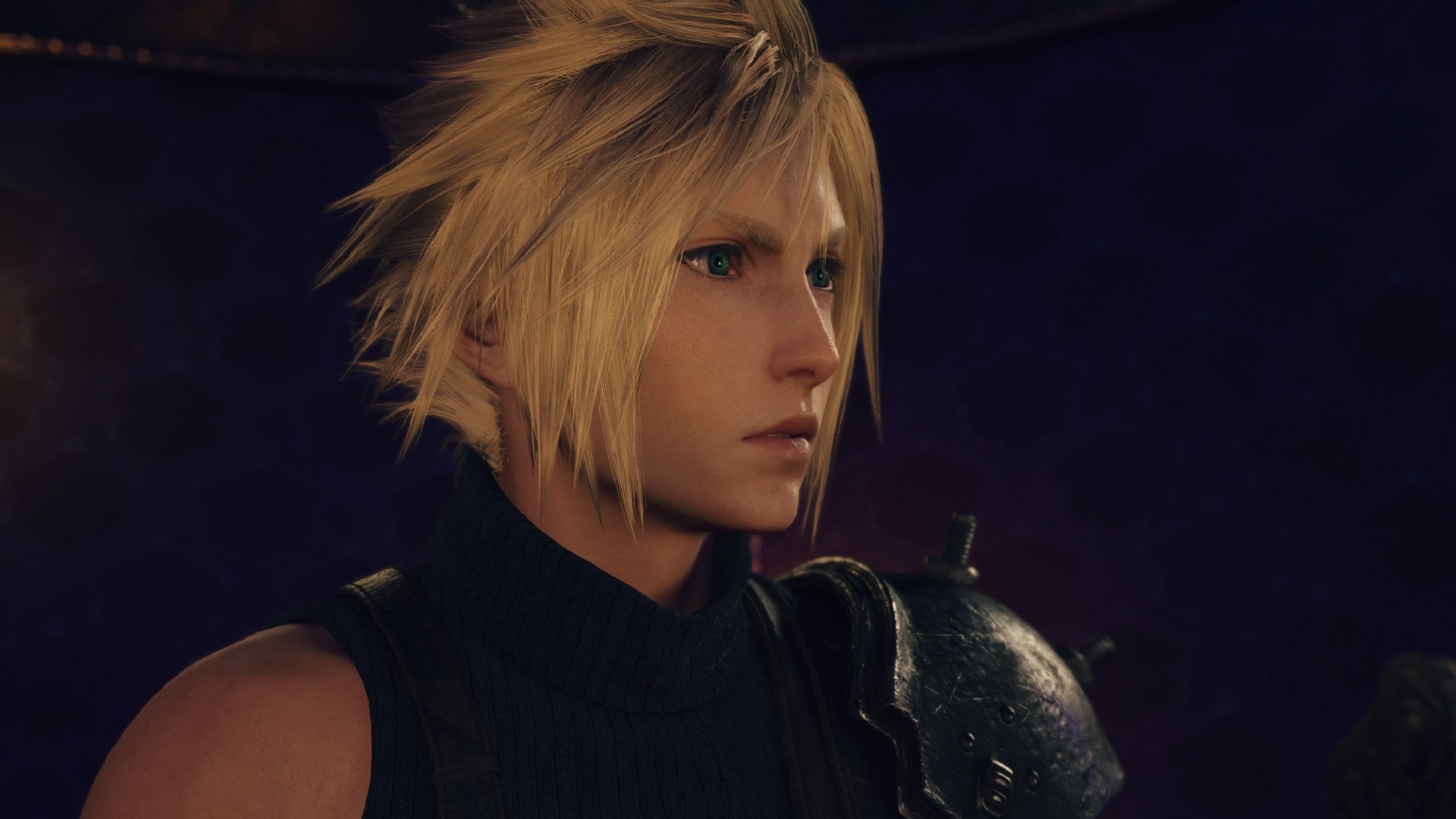
Part 3 of the Final Fantasy 7 Remake trilogy could switch over to Unreal Engine 5 if Square Enix decides it would speed up development and get the sequel into players' hands more quickly.
In a machine-translated interview with Japan-based publication CG World (thanks, Genki), director Naoki Hamaguchi revealed Final Fantasy 7 Rebirth took four years to develop in tandem with the Remake DLC Intermission. Very little has been revealed about the next game in the series, but Hamaguchi knows folks want to play it as soon as possible and is even considering changing engines to get the job done more efficiently.
"We'll have to assess the pros and cons of [Unreal Engine 5], but I think it's possible," he said. "However, I think what our users want most right now is to deliver the final game in the series in a good form as soon as possible. We'll think about it objectively and decide whether changing the environment will accelerate that, or whether it's best to make it all at once as it is."
While we don't have any specifics on the sequel's release timing, we do know that, as of April, it's "off to the races already," which seemed to imply it was in full production by that point. Better still, when the Ultimania book released in April, we learned that the main story in Part 3 was already complete and that, based on Rebirth's development schedule, the sequel could release in as little as three years. Naturally, wrenches exist to be thrown into things, and there's still no telling what could happen between now and 2027.
There are a lot of unknowns about the third entry in the trilogy, but there are also a handful of knowns. In June, co-director Motomu Toriyama said it'll answer all of our remaining story questions and deliver an even better ending than the 1997 classic JRPG. And just this month, we learned the fortunate news that Final Fantasy 7 Rebirth's elite card game will make a grand return in Part 3 with a "revamped or even better version."
In the meantime, here are the best JRPGs you can play right now.







